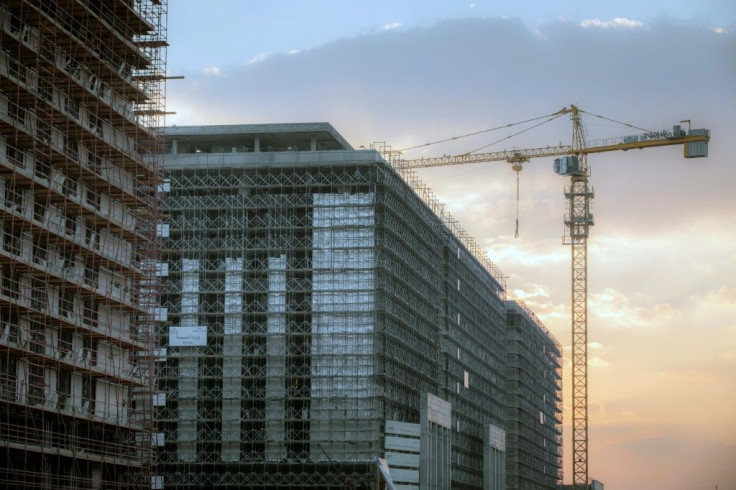Sisi Suggests Floating Egypt Military Firms On Stock Exchange

Egyptian President Abdel Fattah al-Sisi suggested Thursday listing military-owned companies on the stock exchange, along with other state-run firms and assets.
"There must be an opportunity for the armed forces' companies. They must enter the stock market and there should be a chance for Egyptians to buy their shares," Sisi said in televised remarks.
The president was attending the inauguration of two army-owned and operated chemical plants outside Cairo, flanked by the defence minister and the central bank governor.
He noted that his government has been working on floating state companies and assets for the last three years.
"It is important for Egyptians to know that the armed forces have taken on this (economic) role, not to the detriment of the private sector," he said.
He emphasised that the "private sector is welcome to participate" in army-run projects.
For decades, the military has played a key, though opaque, role in Egypt's economy, producing everything from washing machines to pasta as well as building roads and operating gas stations.
Sisi, a former army chief, took power in 2014 after the military ouster of his Islamist predecessor Mohamed Morsi.
The military's economic activities have become more visible since, amid harsh austerity measures implemented by Sisi in 2016.
The pressure felt by ordinary Egyptians under austerity reforms contributed to protests sparked in September after an exiled Egyptian businessman accused Sisi and top military brass of corruption.
Mohamed Ali, a construction contractor and fledgling actor living in Spain, posted videos online from early September in which he accused Sisi and military figures of wasting taxpayers' money on vanity projects, such as palaces that Sisi commissioned him to build.
Sisi has flatly denied the allegations and has insisted the palaces were built for the country and not for himself.
Ali's videos racked up millions of views and prompted rare, small-scale protests throughout Egypt in September.
Authorities responded by detaining around 4,000 people, including prominent activists, lawyers and professors, in what activists are calling one of the worst waves of crackdown against dissent.
Ali told AFP last week that he is calling for fresh demonstrations to topple Sisi in the coming weeks.
On Thursday, the Egyptian president touched on the latest political dissent, saying, "there are attempts to sow uncertainty and scepticism" in the country and that it is as a "war waged on the state".
© Copyright AFP 2024. All rights reserved.







